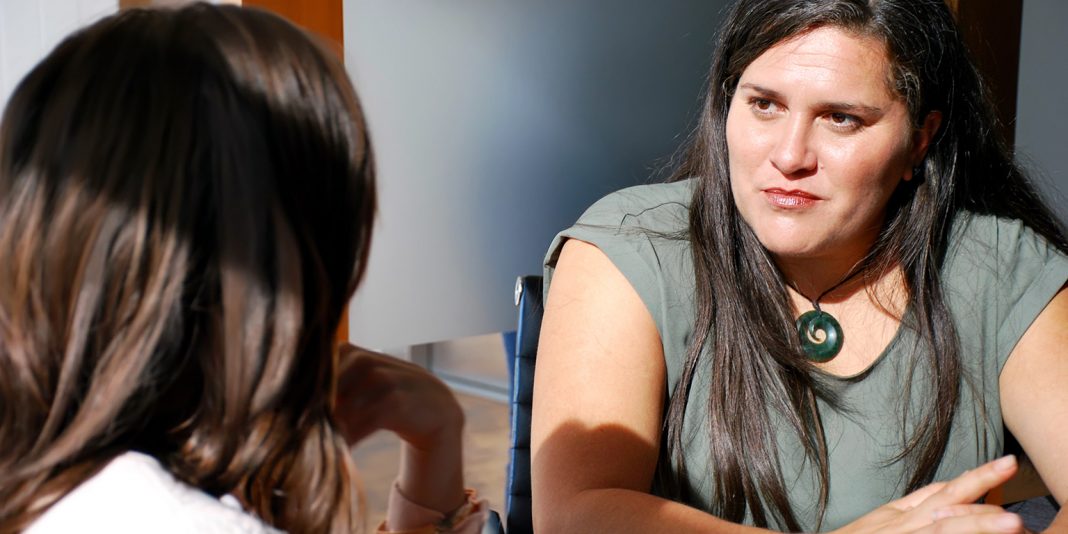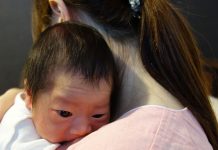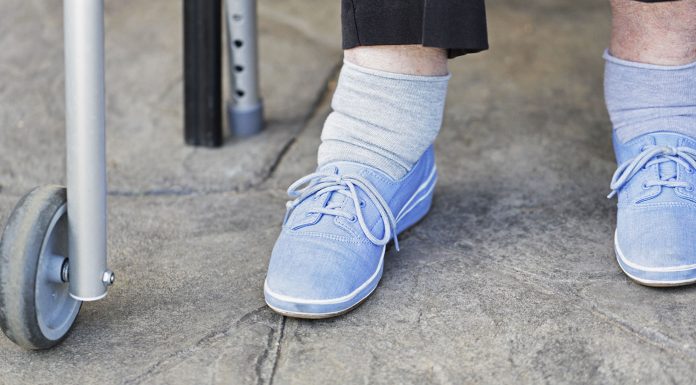On my third day of my emergency department placement at Whakatane Hospital, I arrived on shift and was making my way to the nurses’ station. I passed a room and noticed the curtains closed, lights out and a laminated picture of butterflies pinned to the curtain.
Upon entering the nurses’ station, I learnt a death had occurred in that room and the butterfly picture signified this. I questioned the tikanga and kawa (protocols) surrounding patient deaths and asked if I could take part in the blessing of that room as I had a compelling urge to participate. As a ‘Te Ōhanga Mataora Paetahi’ nursing student from Te Whare Wānanga o Awanuiārangi, the principles of kawa whakaruruhau (cultural safety) are promoted as part of my nursing practice.
I met with the priest on her arrival to the ward. Following whakawhanaungatanga, she retrieved a notebook from the nurse’s station in which she recorded details of her duty and placed an identification sticker of the deceased underneath. We entered the room and I closed the curtains behind me. She filled a cup with water and began to karakia over it.
The priest acknowledged the deceased before making her way around the room performing karakia and sprinkling water. I remained behind her during this stage with my hands clasped in front of me and my head slightly bowed. A sense of ‘presence’ surrounded me and my wairua (spirit) and hinengaro (mind) were fully engaged.
Once the entire room was blessed she began to recite the Lord’s Prayer in Māori. At this stage I moved up beside her instinctively and joined in the karakia. Following this process, the tapu had been lifted and a state of noa was imposed upon the room and ourselves. We exited the room and shared whakawhanaungatanga once again before returning to work.
Upon reflection, this clinical experience highlighted both the importance of tikanga Māori and kawa whakaruruhau following the release of a tūpāpaku and personally for me the importance of identifying and applying knowledge of cultural safety within my nursing practice.
It allowed me to pay tribute to and provided (without me even knowing at the time) closure and acceptance of the passing of someone with significant mana who offered manaaki and tautoko throughout my studies – someone I knew and respected. I would encourage students to embrace cultural practices throughout their placements.
Glossary
- Te Ōhanga Mataora Paetahi: the face that cradles wellness
- Tikanga: practices and beliefs or that which is right within a Māori worldview
- Whakawhanaungatanga: the process of getting to know each other or building relationships.
- Karakia: prayer or incantation
- Noa: no longer sacred or having no spiritual restrictions
- Manaaki: to take care of
- Tautoko: support




















